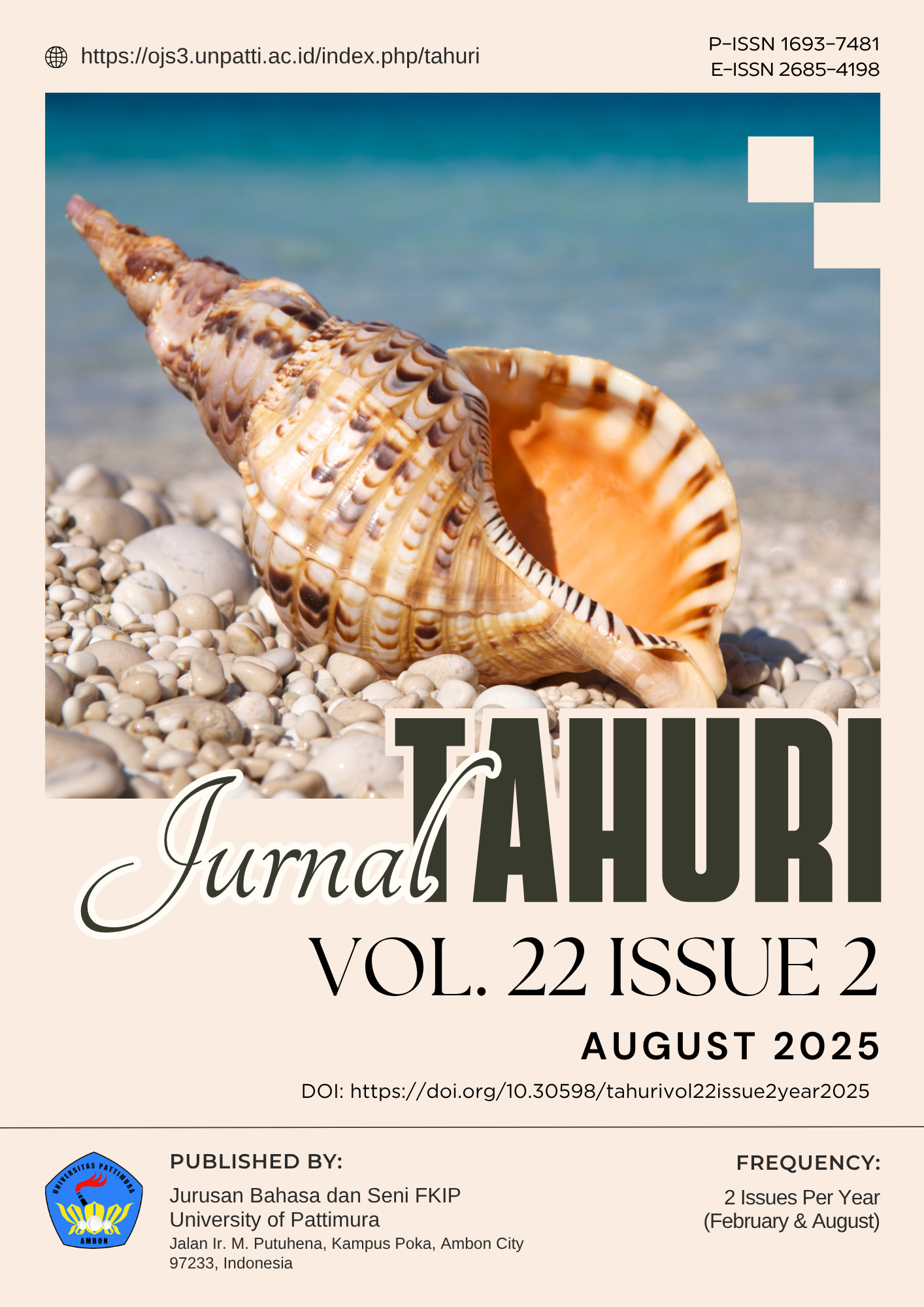Code-Switching as Social Identity Marker among Chinese-Indonesian Students in Urban Educational Settings
Abstract
This study investigates code-switching practices as markers of social identity among Chinese-Indonesian students in urban secondary education settings. While code-switching has been widely studied in Indonesian bilingual contexts, research focusing on its sociocultural dynamics and identity functions within secondary schools remains limited. The study was conducted at a private urban school in Jakarta with a predominantly Chinese-Indonesian student population. Using a qualitative sociolinguistic approach and an ethnographic case study design, data were collected through participant observation, recordings of spontaneous conversations, and in-depth interviews with 15 bilingual and multilingual students (Grades 10–12). The analysis involved classifying types of code-switching (intersentential, intrasentential, and tag-switching), identifying their social functions, and examining identity construction processes. Findings reveal that Indonesian–Mandarin–English code-switching operates as a strategic social practice. English is used to express prestige, intelligence, and global lifestyle; Mandarin functions as an ethnic solidarity marker; and Indonesian is employed in formal contexts, reflecting school hierarchies. These patterns are not random but serve as performative acts to negotiate social class, ethnicity, and global youth identity, reinforcing in-group boundaries. The study offers novel insights into multilingual identity construction among Chinese-Indonesian youths and contributes to sociolinguistic scholarship by linking language practices to social stratification and identity. Pedagogically, the findings inform more responsive language and curriculum policies for urban multilingual schools.
Downloads
Copyright (c) 2025 Regina Gabriella, Frany Zelin Rengkung

This work is licensed under a Creative Commons Attribution 4.0 International License.




